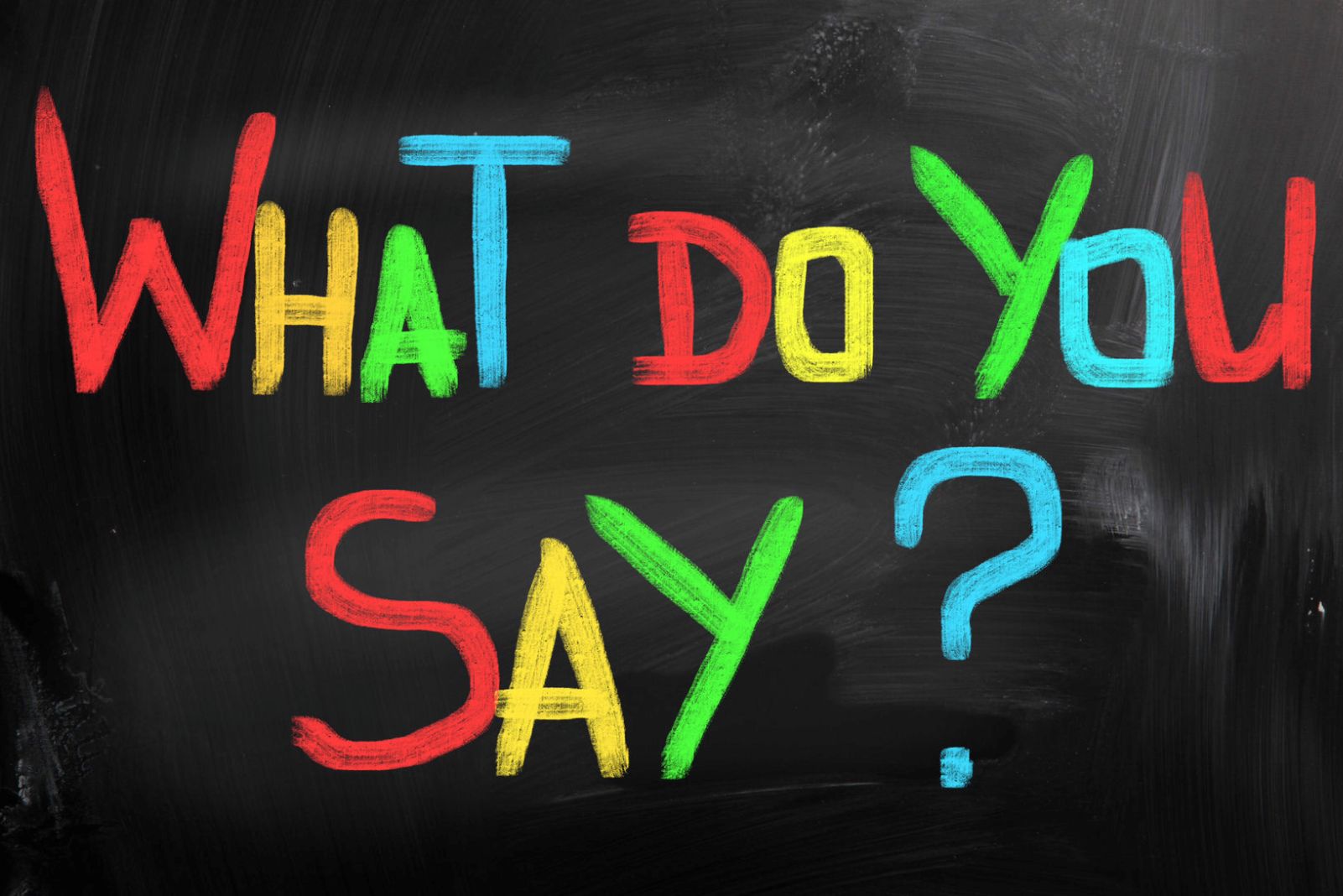
SAY WHAT? FORMULATING AN EFFECTIVE (AND ACCURATE) SOUND BITE
If ever there were a season of the sound bite, it’s now – election time! Politicians are the kings (and queens) of one-liners. In fact, sound bites are such a priority, they are often worked into a politicians’ strategic communications plan. Take, for example, the recent National Conventions, where the primary purpose of the candidates’ speeches was to say something that would stand out in the next news cycle.
“Now is the moment when we can stand up and say, ‘I’m an American. I make my destiny. And we deserve better! My children deserve better! My family deserves better! My country deserves better!'” Governor Romney
“Now you have a choice, we can give more tax breaks to corporations that ship jobs overseas, or we can start rewarding companies that open new plants and train new workers and create new jobs here in the United States of America.” President Obama
So, in taking lessons from the presidential candidates, should creative, catchy and clever be the approach you take when talking about your brand? After all, your goal is to communicate your message in a succinct and memorable way. If you consider how the public perceives politicians, and the multitude of media coverage questioning the validity of their comments – such as NPR’s “Campaign Sound Bites: Does Truth Matter?” – the answer is obviously – NO!
When preparing our clients for media opportunities and speaking engagements, we emphasize authenticity, advising them to put message points into their own words so that comments flow freely. It is obvious – and usually awkward – when a spokesperson sounds scripted during an interview.
To achieve this, during media training we spend a good deal of time reviewing message points. But we dedicate an even greater among of time to conducting mock interviews. This gives the trainee the opportunity to try out different versions of their sound bites.
Another tip we advise clients to work on is the length of their statement. Whether you’re being quoted in a written piece or an audio recording, the editor has the last word. Some studies show that the average sound bite is only nine seconds long. So concise and informative is the goal. But the only way to achieve this is practice!
On a final note, while we recommend sounding natural and conversational during an interview, we also stress being ever-mindful of what you are saying and how it can be construed. Remember when then-BP CEO Tony Hayward said “I’d like my life back” after the BP oil spill? He was trying to show sympathy for those affected by the disaster and to communicate the company’s dedication to the cleanup, but those last few words of the sound bite certainly bit back!
What are the most notable sound bites you recall – positive or negative?



